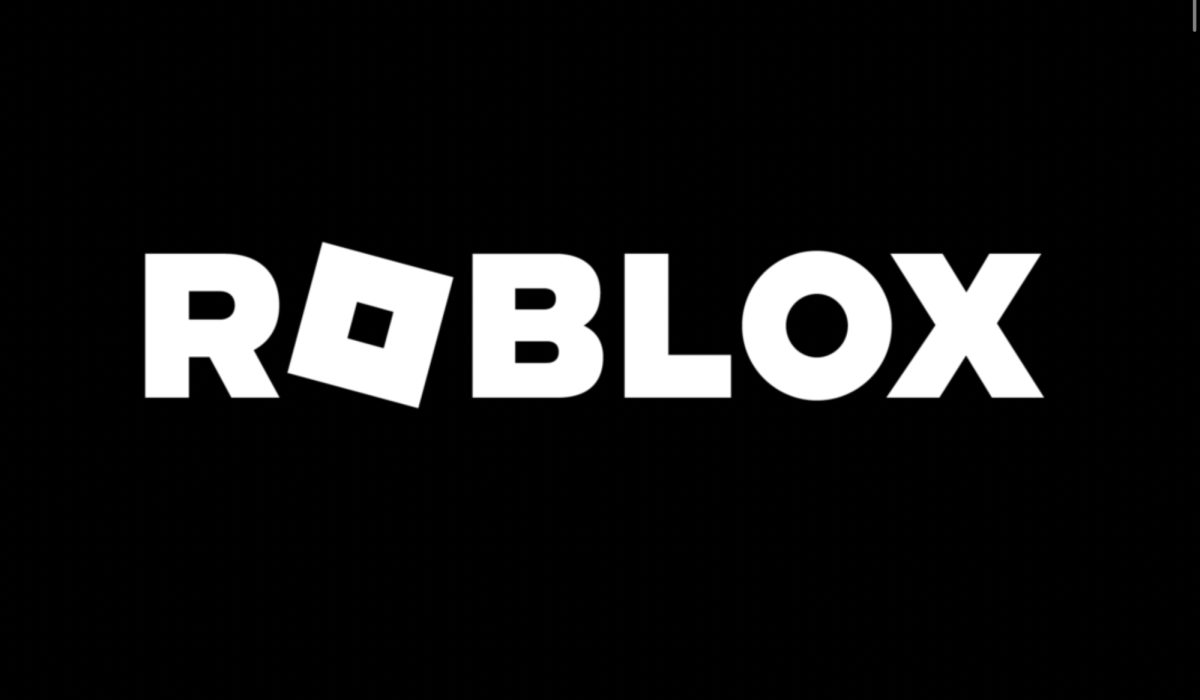After undergoing four full days of unsuccessful House speaker elections among indecisive Congressmen in December, House Speaker Kevin McCarthy was ousted from his role in a 216-to-210 House voting, the first time in American history Congress has ever removed a House Speaker.
The rebellion against the House Speaker came after Republican hardliner from Florida Matt Gaetz turned on the speaker for his decision to rely on the support of Democrats to pass a bill that would avoid a government shutdown. The Republican-controlled house reached the brink of a disastrous default on U.S. debt of $31.4 trillion. And with a speaker-less House that has brought a hard stop to passing important legislation, the U.S. government faces another potential government shutdown Nov. 17 if funding cannot be increased.
Currently, Congress is in chaos over looming issues such as updating the farm-subsidy and nutrition programs and further aid to Ukraine in the war against Russia. More importantly, there is no clear candidate to succeed McCarthy. While there are currently 8 GOP candidates in the running, Judiciary Chairman Jim Jordan(R-Ohio) included, the fact that it took over 15 rounds across four days before McCarthy was voted as speaker alludes to the uncertainty of how long it would take to vote for yet another House Speaker.
Most importantly, McCarthy’s entire six-month period of being House Speaker underscores a deep mistrust between Republicans and Democrats, which can be further highlighted in the inability to reach any agreement on passing legislation. After McCarthy broke a spending agreement made with President Biden back in May, Democrats developed a deep distrust against the House Speaker, resulting in a severe lack of support from the opposite party. And a group of Republican hardliners who did not like how McCarthy handled bipartisan legislation only resulted in his suffering of a major public disappointment.























































